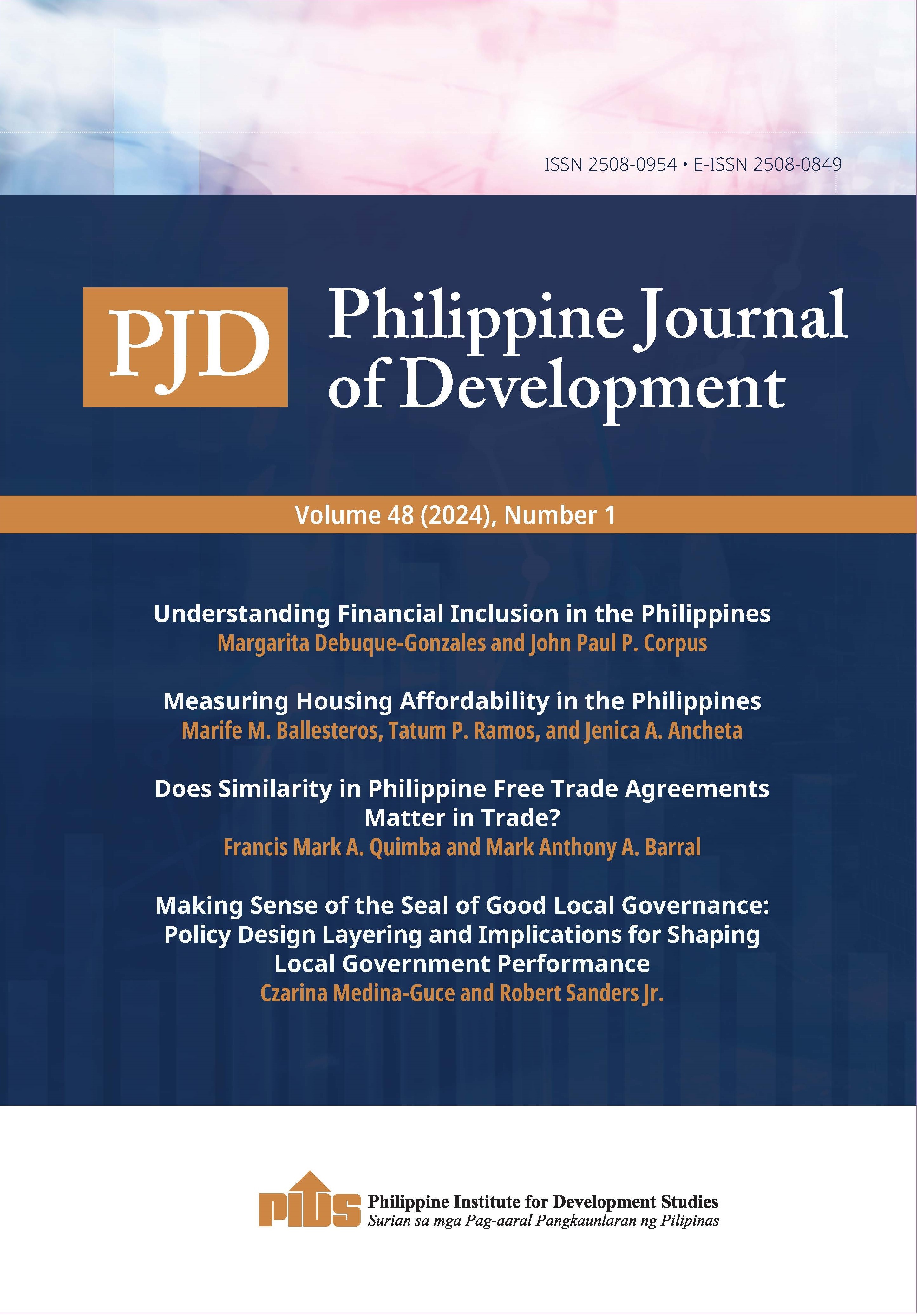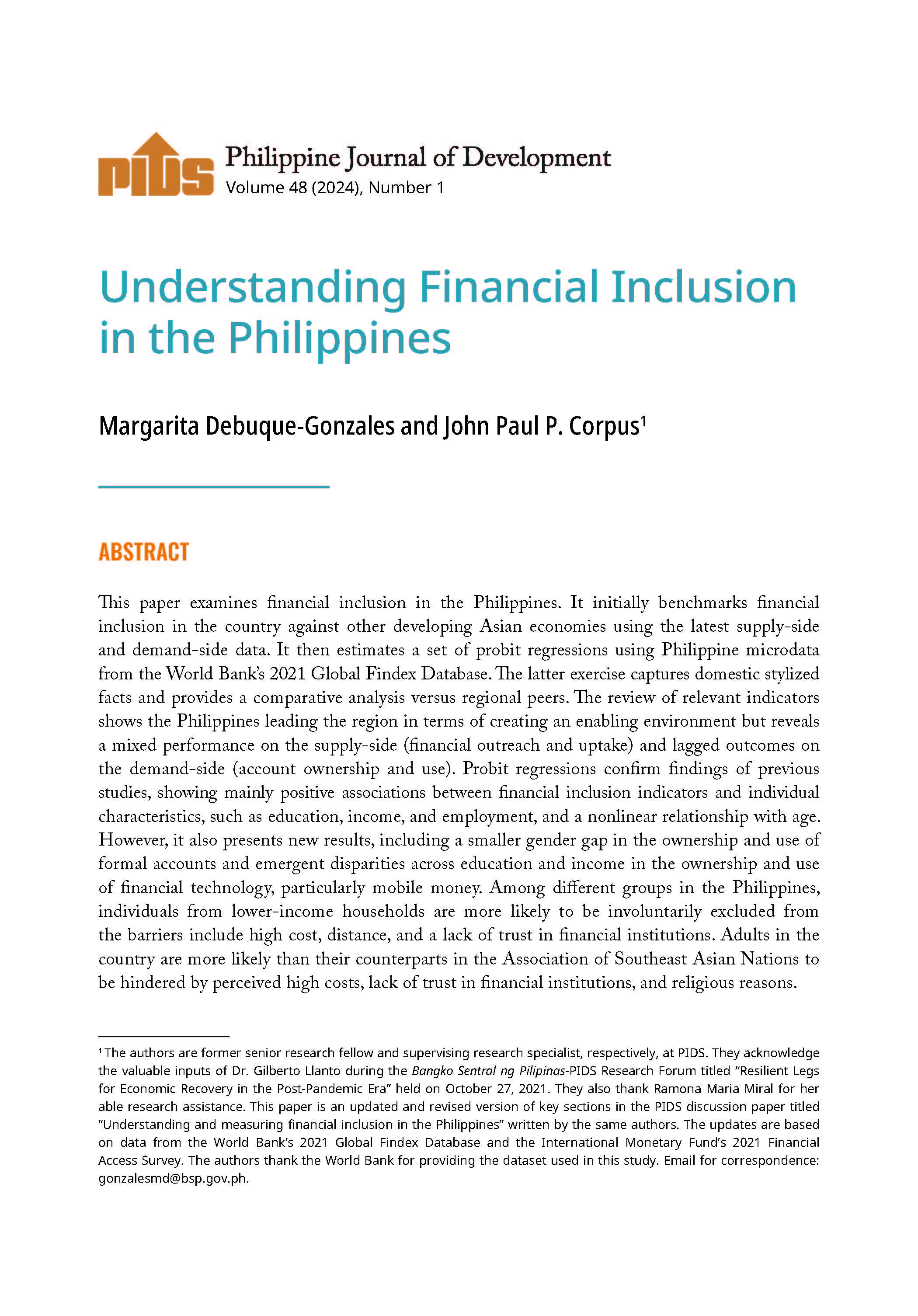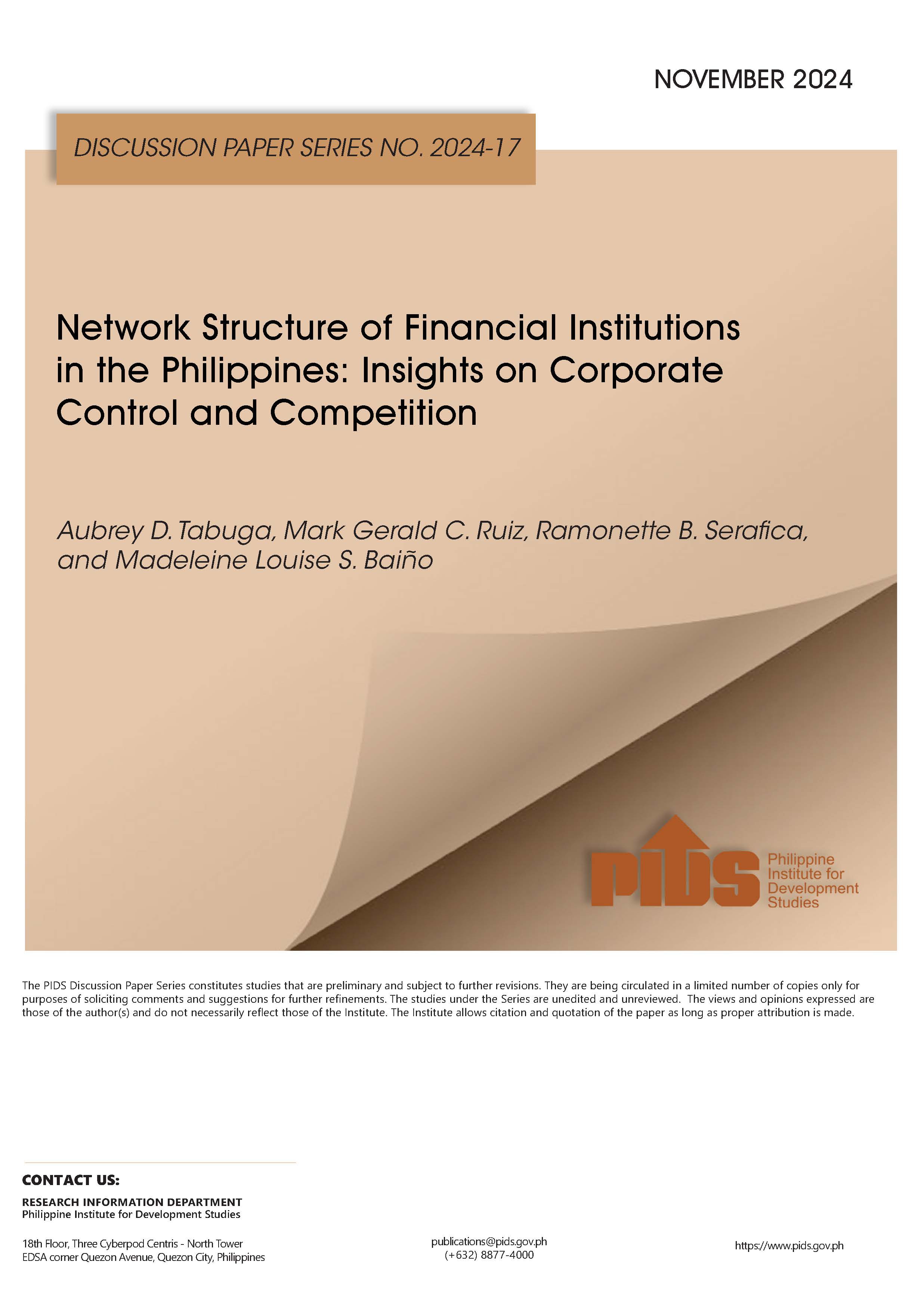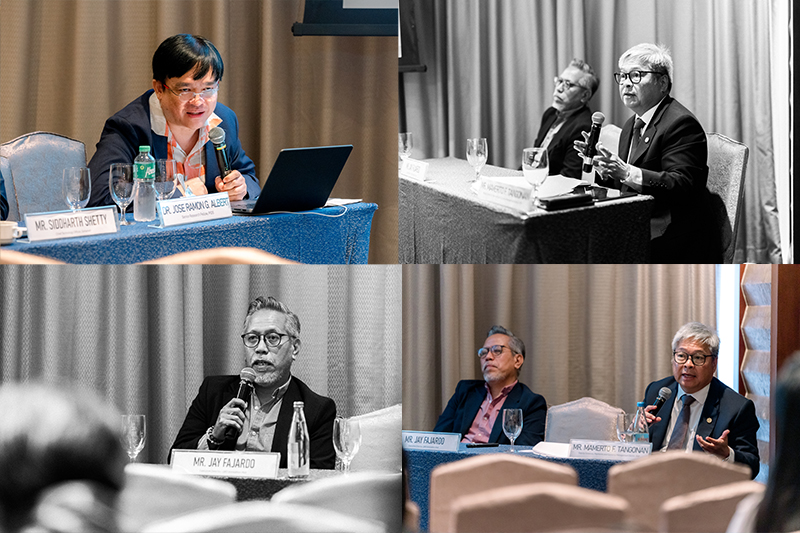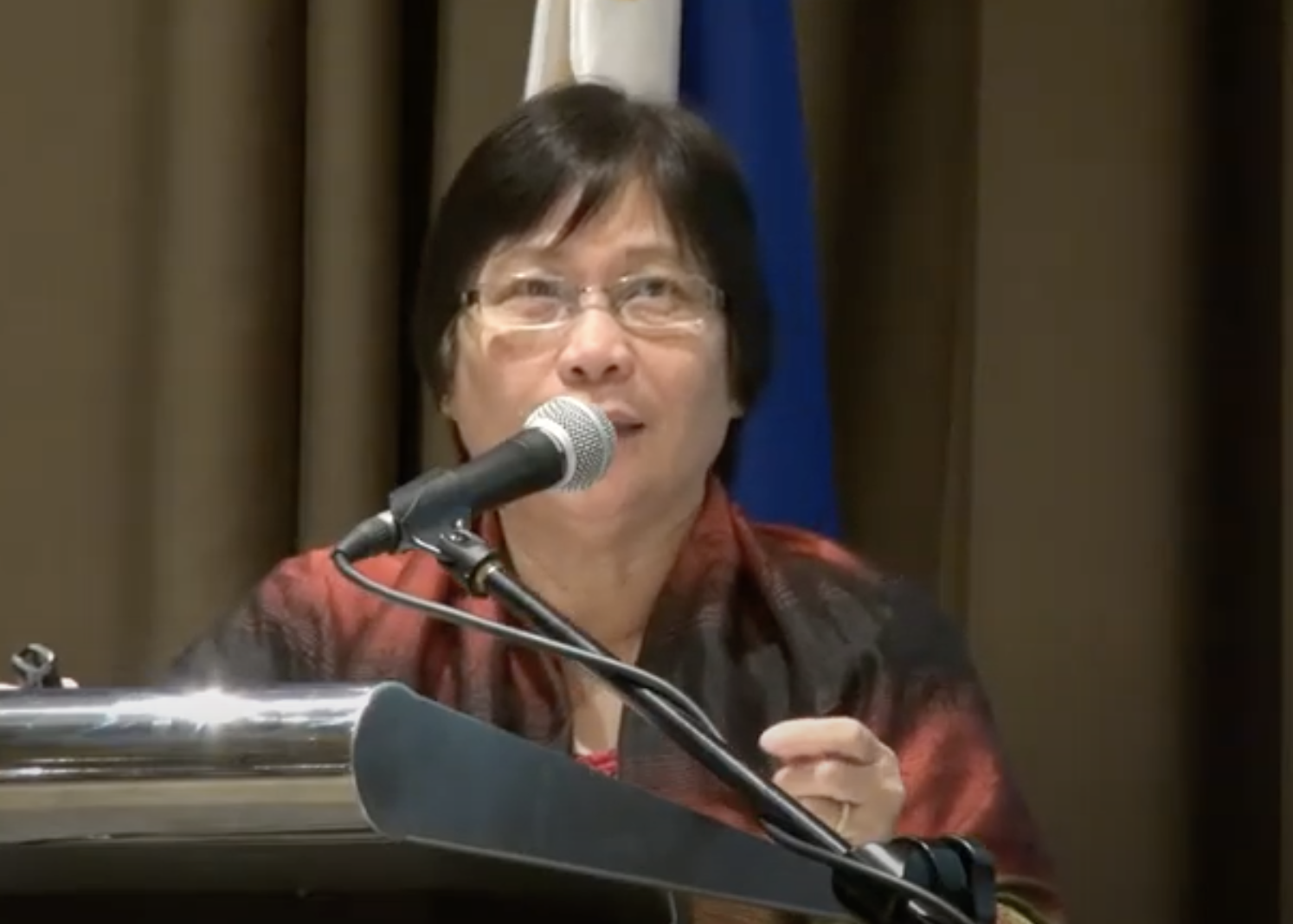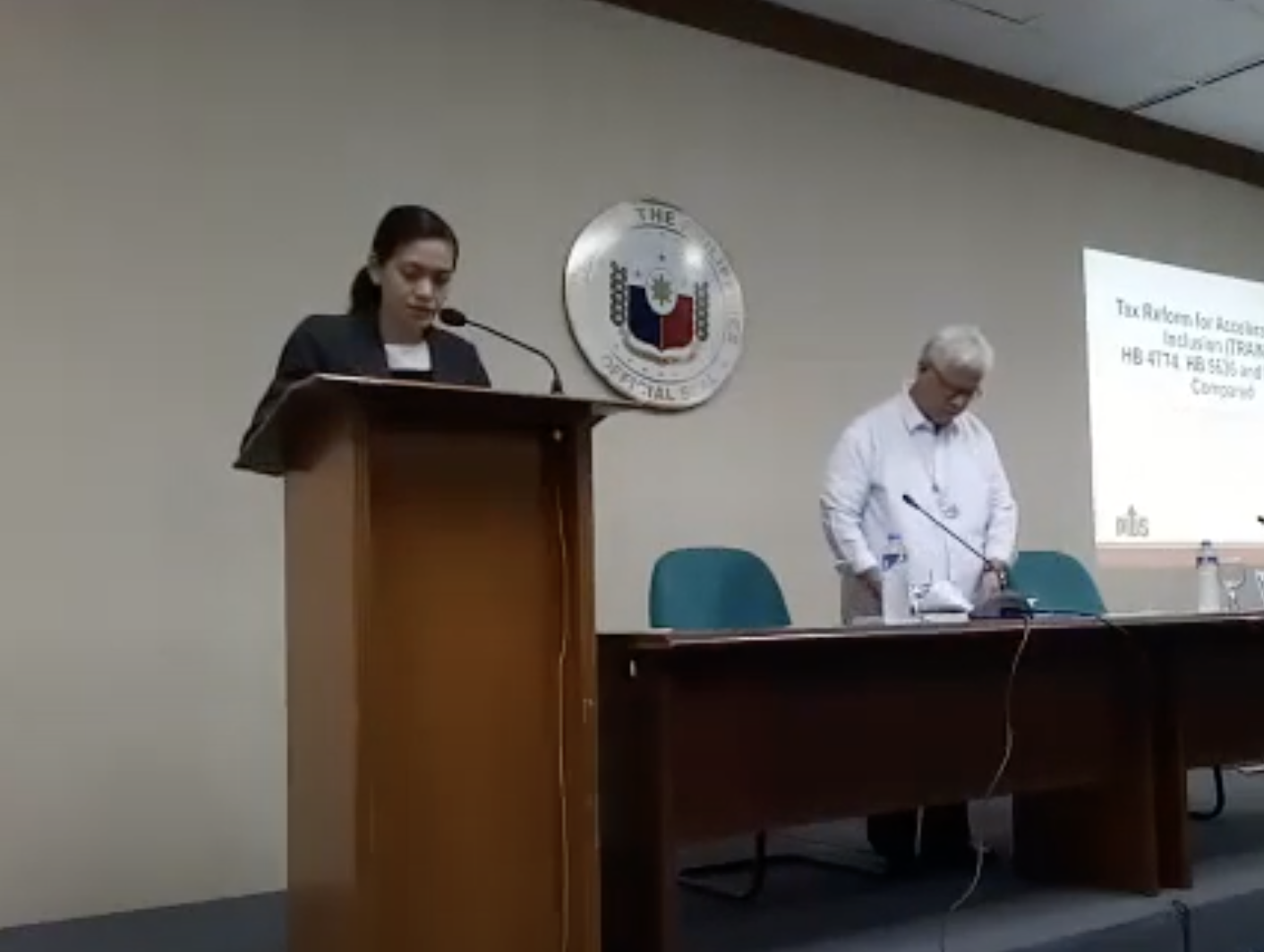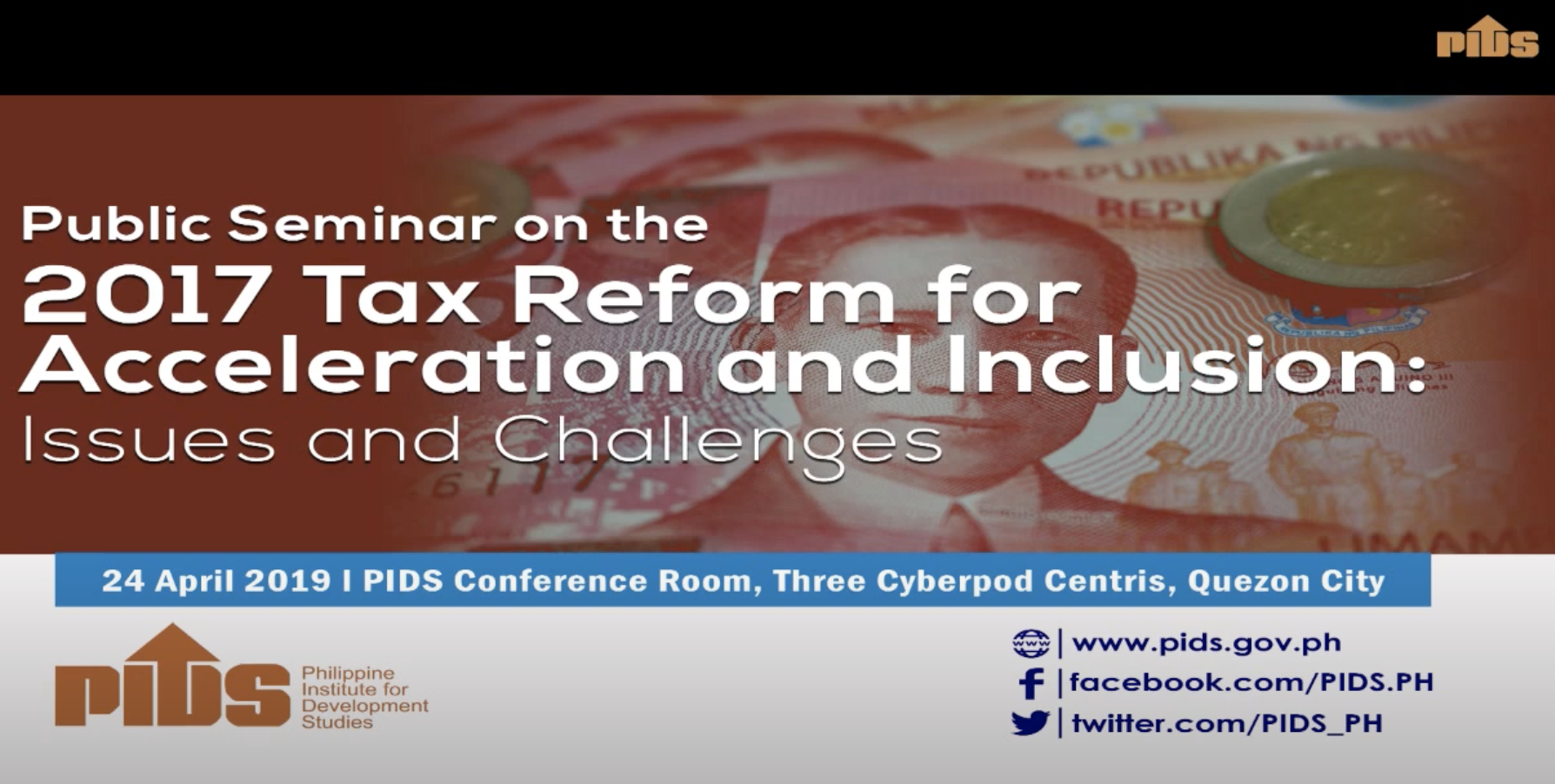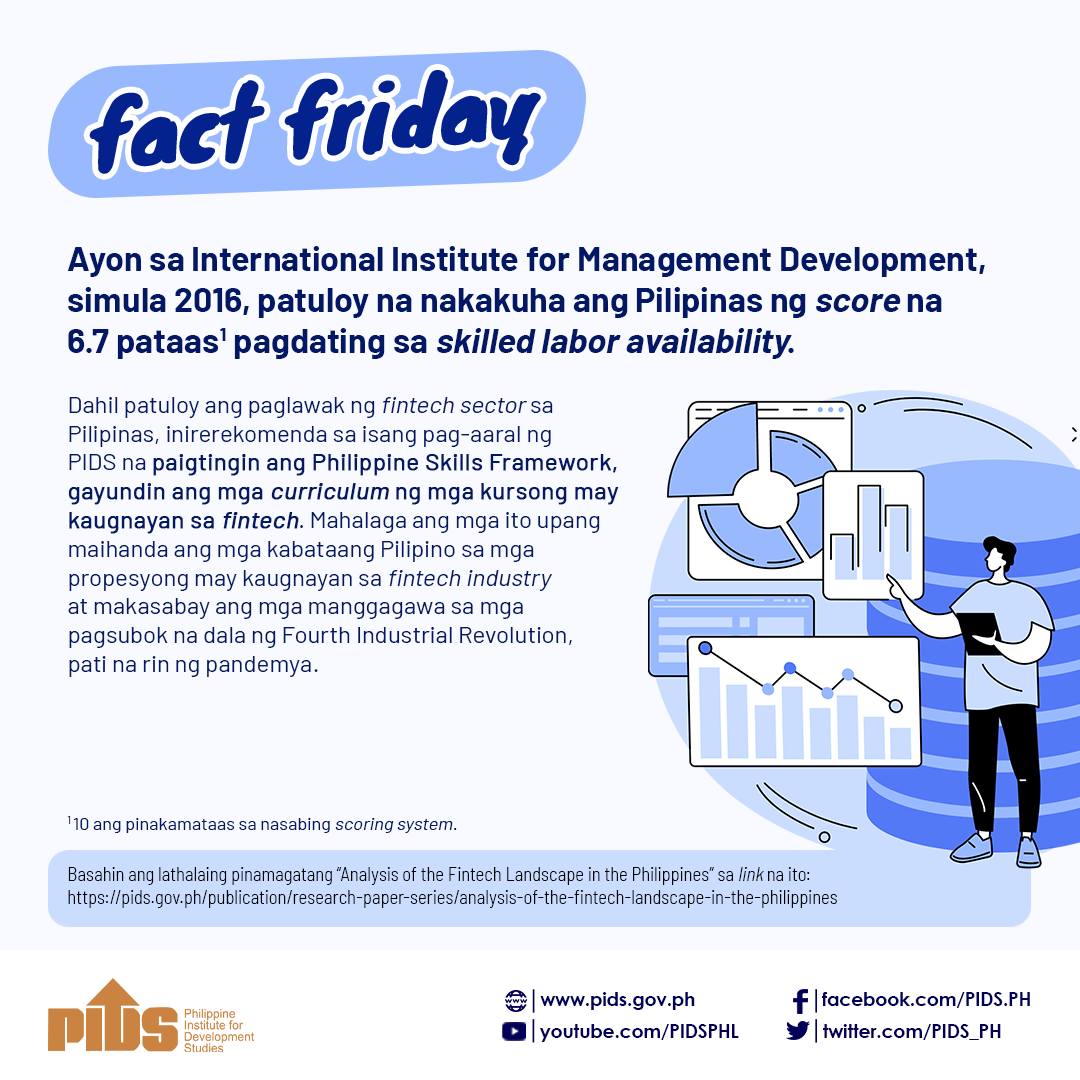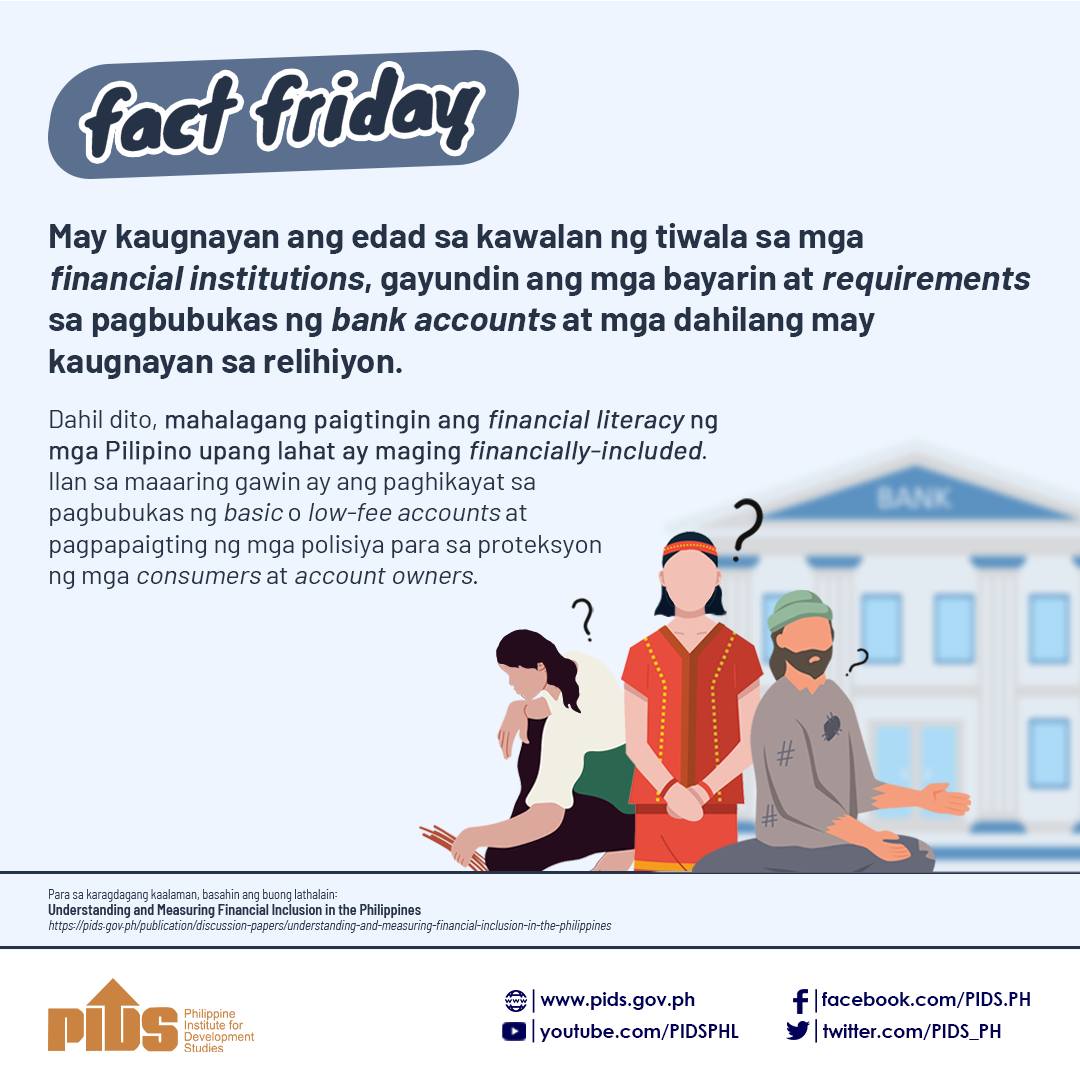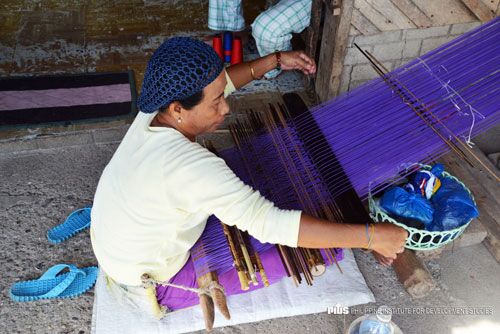
Financial inclusion is crucial for sustained economic growth and poverty reduction. It provides different markets—particularly those that are traditionally unserved and underserved—with access to a wide range of financial resources and services, such as savings, payments, and credit. These financial services not only improve the welfare of the poor and the marginalized but also contribute to the growth of micro, small, and medium enterprises.
Greater financial inclusion contributes to financial stability and economic development. An inclusive financial system is not only pro-growth but also pro-poor, which, along with other interventions, reduces income inequality and poverty.
In the Philippines, majority of the poor are engaged in agriculture and are rural dwellers. Premium subsidies on agricultural insurance have significantly increased from an annual appropriation of less than PHP 200 million in the last five years to PHP 1 billion in 2013 and 2014, as highlighted in a study by PIDS Senior Research Fellow Celia Reyes and co-authors. This intervention aims to raise the productivity of rice farmers through the Philippine Crop Insurance Corporation (PCIC). PCIC expects to receive a budget of about PHP 3 billion for 2015, while the Agrarian Reform Beneficiaries-Agricultural Insurance Program will receive PHP 1 billion, covering rice, corn, high-value commercial crops, and livestock.
Microenterprises comprise the bulk (90%) of the country’s business sector. Many of these enterprises are informal and have limited capitalization. To increase exports and produce more jobs, small and medium enterprises (SMEs) should have easy access to financing and overseas markets. Marife Ballesteros and Sonny Domingo, PIDS senior research fellow and research fellow, respectively, emphasized the vulnerability of SMEs to disasters. Grants can be a good way to provide SMEs with the necessary capital for business continuity, they noted. When given promptly after a disaster, grants can be more effective than emergency employment in supporting the recovery of SMEs.
Furthermore, a policy note by PIDS Research Consultant Lucita Lazo states that many Filipino women engage in business, however small, to provide additional income for the family. Many of them also belong to the lower strata of unpaid family and industrial workers. Those engaged in the informal economy are unserved by formal financial institutions because of the high cost of service delivery and their failure to comply with requirements (e.g., minimum loanable amount, collateral quality, repayment terms, business plan submission, husband’s consent). Women workers are highly vulnerable—in times of illness, disability, work injury, maternity, unemployment, and old age. Lack of access to health protection is a continuing challenge among women. At present, the Philippine social security system covers only 31 percent of the total employed, neglecting the larger part of the workforce that belongs to the informal sector which includes many women workers.
The lack of financial inclusion is also apparent in the health sector. Despite economic growth, the gap between the richest and the poorest Filipino households, in terms of health financing, access to services, and health status, has not improved. Drugs and medicines account for about half of the total medical out-of-pocket expenses of households. Recent efforts to lower the cost of medicines in the country were geared toward price mediation, advocacy campaigns for quality generic drugs, and creation ofBotika ng Bayanand Botika ng Barangay.
These challenges faced by the agriculture, labor, and health sectors emphasize the need for more inclusive and reliable financial services. Promoting financial education and literacy especially among the poor and the families of overseas Filipino workers is also a must.
You may access PIDS studies on financial inclusion from theSocioEconomic Research Portal for the Philippines. Simply type “financing,” “financial inclusion,” “agriculture insurance,” “credit subsidy,” “health financing,” “microfinance,” and other relevant keywords in the Search box.
Greater financial inclusion contributes to financial stability and economic development. An inclusive financial system is not only pro-growth but also pro-poor, which, along with other interventions, reduces income inequality and poverty.
In the Philippines, majority of the poor are engaged in agriculture and are rural dwellers. Premium subsidies on agricultural insurance have significantly increased from an annual appropriation of less than PHP 200 million in the last five years to PHP 1 billion in 2013 and 2014, as highlighted in a study by PIDS Senior Research Fellow Celia Reyes and co-authors. This intervention aims to raise the productivity of rice farmers through the Philippine Crop Insurance Corporation (PCIC). PCIC expects to receive a budget of about PHP 3 billion for 2015, while the Agrarian Reform Beneficiaries-Agricultural Insurance Program will receive PHP 1 billion, covering rice, corn, high-value commercial crops, and livestock.
Microenterprises comprise the bulk (90%) of the country’s business sector. Many of these enterprises are informal and have limited capitalization. To increase exports and produce more jobs, small and medium enterprises (SMEs) should have easy access to financing and overseas markets. Marife Ballesteros and Sonny Domingo, PIDS senior research fellow and research fellow, respectively, emphasized the vulnerability of SMEs to disasters. Grants can be a good way to provide SMEs with the necessary capital for business continuity, they noted. When given promptly after a disaster, grants can be more effective than emergency employment in supporting the recovery of SMEs.
Furthermore, a policy note by PIDS Research Consultant Lucita Lazo states that many Filipino women engage in business, however small, to provide additional income for the family. Many of them also belong to the lower strata of unpaid family and industrial workers. Those engaged in the informal economy are unserved by formal financial institutions because of the high cost of service delivery and their failure to comply with requirements (e.g., minimum loanable amount, collateral quality, repayment terms, business plan submission, husband’s consent). Women workers are highly vulnerable—in times of illness, disability, work injury, maternity, unemployment, and old age. Lack of access to health protection is a continuing challenge among women. At present, the Philippine social security system covers only 31 percent of the total employed, neglecting the larger part of the workforce that belongs to the informal sector which includes many women workers.
The lack of financial inclusion is also apparent in the health sector. Despite economic growth, the gap between the richest and the poorest Filipino households, in terms of health financing, access to services, and health status, has not improved. Drugs and medicines account for about half of the total medical out-of-pocket expenses of households. Recent efforts to lower the cost of medicines in the country were geared toward price mediation, advocacy campaigns for quality generic drugs, and creation ofBotika ng Bayanand Botika ng Barangay.
These challenges faced by the agriculture, labor, and health sectors emphasize the need for more inclusive and reliable financial services. Promoting financial education and literacy especially among the poor and the families of overseas Filipino workers is also a must.
You may access PIDS studies on financial inclusion from theSocioEconomic Research Portal for the Philippines. Simply type “financing,” “financial inclusion,” “agriculture insurance,” “credit subsidy,” “health financing,” “microfinance,” and other relevant keywords in the Search box.
- Targeting the Agricultural Poor: The Case of PCIC`s Special Programs
- Credit subsidy in Agriculture
- Small and Medium Enterprises' (SMEs) Access to Finance: Philippines
- Building Philippine SMEs Resilience to Natural Disasters
- Improving Access to Affordable Medicines: Looking at Prevailing Prices and Distribution of Village Drugstores in the Philippines
- Reconnaissance Study on the Implementation of Case-based Payments
- Opportunities for making health financing and services more inclusive in the Philippines
- Challenges in the Economic Participation of Women as Entrepreneurs
- Promoting women’s participation in the APEC economies: Some recommendations
- Assessment of the DSWD SEA-K Strategy

